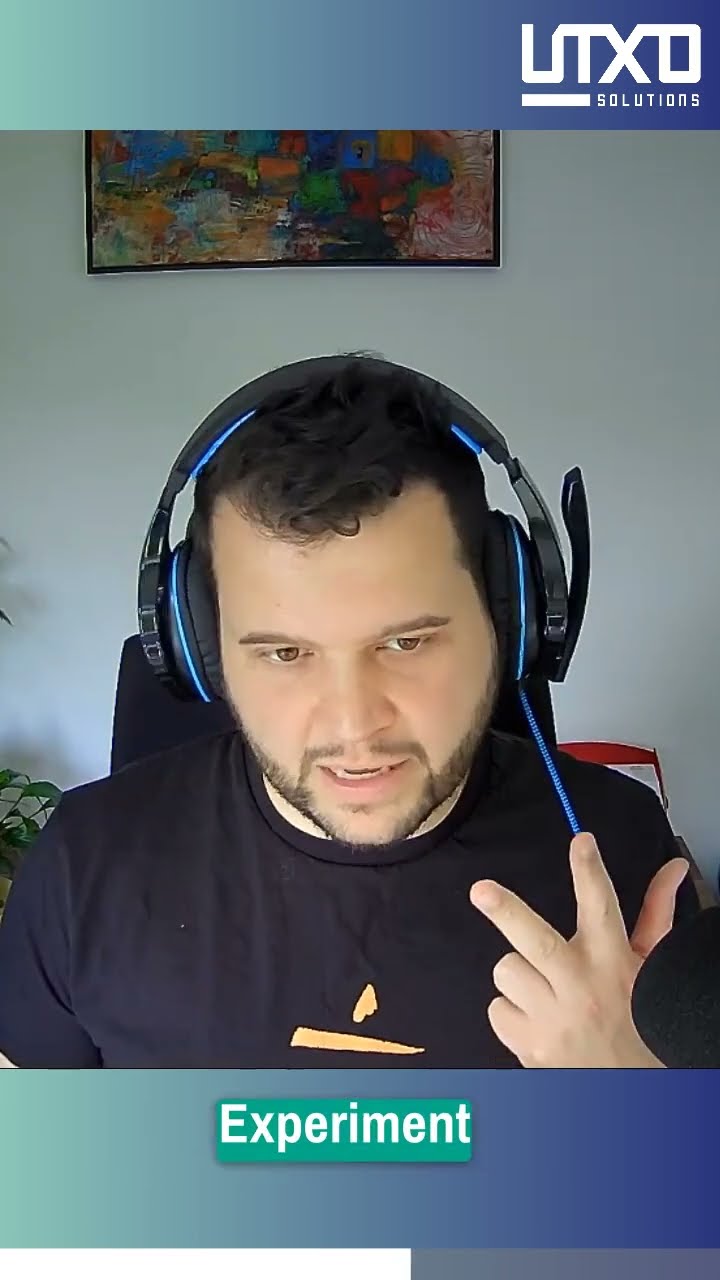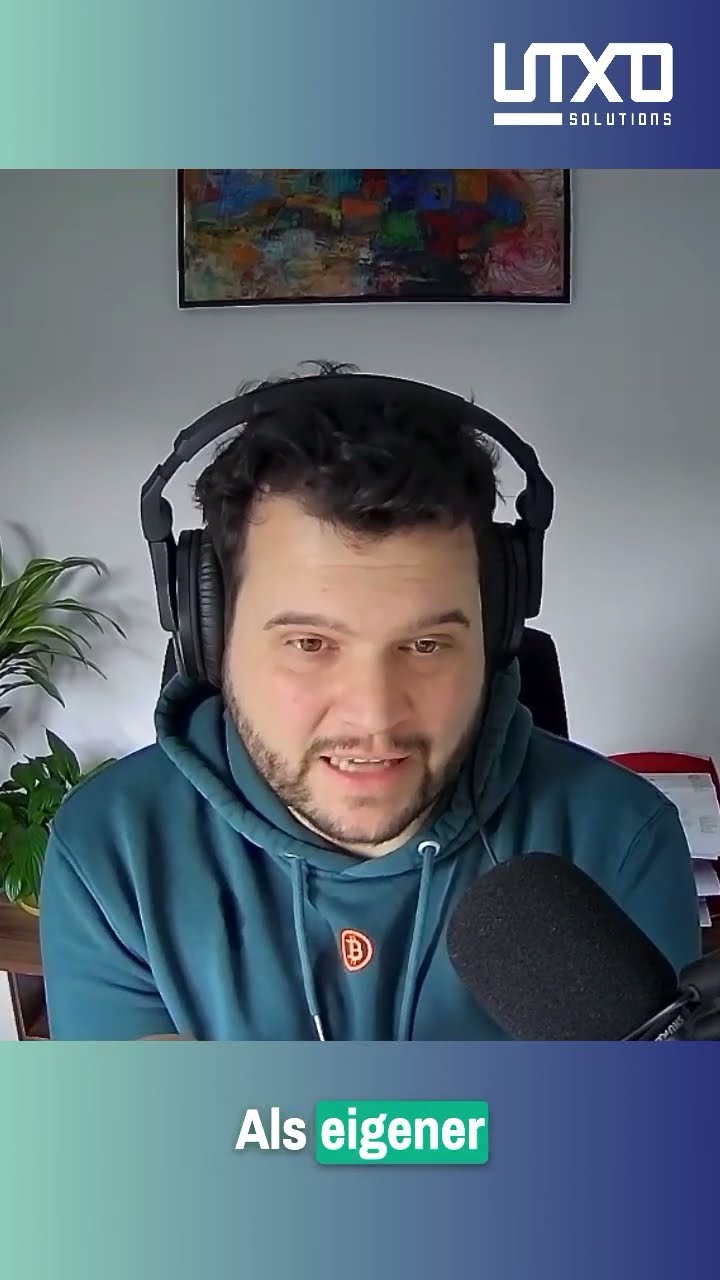
How to have good customer interviews?
There is one common doubt in companies doing a research sprint with us. Its: “Will our customers tell us, what we need to know?” It is hard for them to imagine, that someone will spend 60 - 90 minutes to tell you all about their decision making. Just so they can improve. This is a short guide on creating good customer interviews with meaningful output.
Especially in B2B, this seems hard to imagine. Why would people take part in customer interviews? Don’t they have something better to do?
I can relate to that. There are usually more people buying B2C products than there are for B2B products. And you could easily observe them buying it, making them easy to target. Many also fear, that B2B customers are protective of trade secrets as well.
However, that’s often just one part of the skepticism. The bigger part is, that they made bad experiences with customer research in the past. This makes it hard to imagine actually learning relevant things from customers. So let’s look at why customer interviews often fail:
Why do customer interviews fail?
To me, there are four main ways, how a customer interview fails to be great:
- Selecting the wrong person for the interview
- Asking the wrong questions
- Asking the right questions in the wrong way
- Mixing the interview with sales
So let’s look at them in more detail.
Selecting the wrong person for the interview
In customer research the main rule of working with data applies as well: Garbage in, garbage out. If you ask someone, that can’t give you relevant information, you get irrelevant information. But to know, who you want to ask, you need to know your main question.
Let’s say you are a video marketing agency. You design and produce videos for marketing purposes. A classical B2B business. You want to either sell more videos or sell videos at a higher ticket price. Your question is: Why do people buy videos for marketing services.
The first step is to understand, who would do this? Or at least, to create a hypothesis. What do you think, is the job, people hire marketing videos for? What do they want to achieve? And what other solutions could they have?
If you want to increase sales, you could increase your ad budget. If you want to hire top talents, you could hire a headhunter as well. Who hired alternative solutions for the job to be done?
Now you know, how to get the right people. Create hypothesis and select people that could validate or falsify those.
But that’s usually not, how interview candidates are chosen. The defining feature most often isn’t relevance. It’s availability. You ask people, that are willing to talk to you. Friends, your partner, your most loyal customers, some random dude you met at a conference. Because getting the right people to talk to you is a skill. A skill, that many people in business don’t have.
And so they ask someone, who is willing to talk to them. The information from these interviews is useless. Therefore, they can’t work with them. And so they consider the interview a waste of time.
And when it comes to finding the right people? “If I couldn’t do it, why would you”
Asking the wrong questions
There are already some articles that go deeper into the topic of asking better questions. There we cover things like:
- Targeting past behaviour instead of “would you?”
- Asking non-leading questions
- Trying to find answers to things you need to know later in the process
I won’t go deeper into it here. The overall message is: If you ask the wrong questions, you get answers, that won’t help you. This again makes asking a bad experience.
Asking questions the wrong way
There is a huge difference in how you ask. You can have all the right questions, but they just come across wrong. The biggest thing is, whether you are actually interested in the other person. If yes, you will come across as more friendly and they will open up. This requires some honest fascination on why people decide the way they do. And you can’t fake it. We humans are really good at detecting dishonesty.
The second thing is to have a beginners mindset. This means, that you assume to know nothing. Even if you know a lot. Be like a child. Fascinated curiosity. Questioning everything. Not jumping to conclusions.
Take our video agency example again. Let’s say, your customer says: We want marketing videos to increase brand value”. Don’t just nod and go on. Why do they want this? What does that even mean? Why is it important to them? Is it actually important to them or just something everybody does? Isn’t it fascinating, that they make a video about their company? Why? And how do they know, that a video is good? Soo many questions. Ask them. This all needs practice.
Mixing interviews with sales
You sit there with a potential customer. And he agreed to give you 60 to 90 minutes of his valuable time. And your financials are currently not looking good. The temptation, to try to sell to him is there. He is after all, someone who would buy from you. And he is telling you all the things, that would make selling to him easy. Why not try to sell to him?
- I understand the temptation. I’ve done it myself. But there are two big issues with it:
- It is a breach of trust
A sales mindset and a learners mindset are too different
The breach of trust is easy explained. They would not have given you that time for a sales presentation. Being interviewed in a jobs to be done interview should be a pleasant experience. If you try to sell, they could loose the positive experience. And most of the time, the sales doesn’t work out. You also loose out on the recommendation. Many people tell their friends and colleagues about it. But not, if you try to sell. So don’t do it.
The second thing is the mindset. Childlike curiosity is good for research. Confidence in yourself is good for sales. Vice versa is difficult. Knowing that you could sell, even if it is at the end, ruins your research mindset. And that’s not worth it.
Winning with appreciation
Finding the right people and interviewing them in a meaningful way is hard. But if you do, they thank you for it. Humans like it, when someone is truly interested in them. Listening for 60-90 minutes on why they made some decision is a form of appreciation. And they learn something from it as well. A good interviewer is a guide. He helps the customer to understand his own decision process. It is discovery, not force. Letting information come forth, not taking it. The whole process should be gentle and pleasant. If you do it like that, it will be easier to find people for it in the future. And you will make better experiences with customer research.







